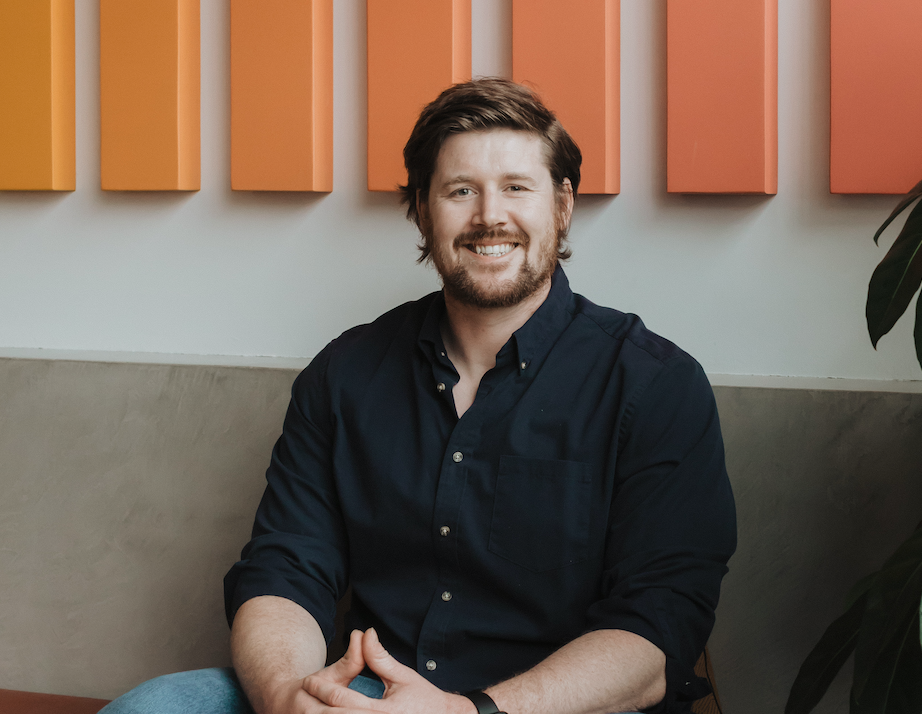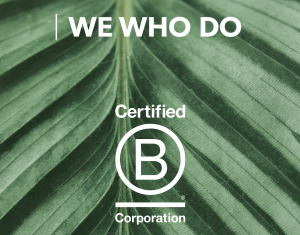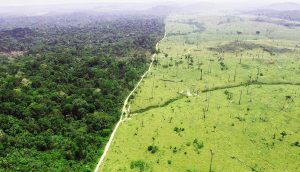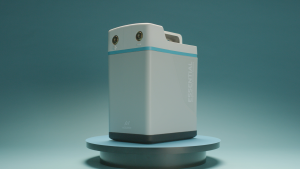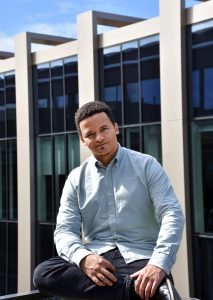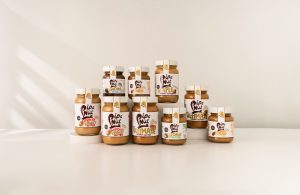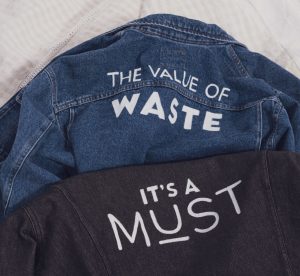WorkClub is a tech platform that gives remote workers same-day access to flexible spaces to work and meet. They enable employers to navigate the transition to a more hybrid workforce and give individuals the choice to work where they work best.
Where did the idea for WorkClub come from?
Nick: My background is in real estate, where I was working on taking large commercial sites and turning them into living spaces and work spaces. This is when I first noticed the lack of decent work spaces that existed and a potential gap in the market. WorkClub had always been a distant idea, but it wasn’t until my life completely changed that I made it a reality.

I was hit by a car in June 2017, which forced me to remain off my feet for months. This completely changed my mindset and my entire ways of working. For someone that had always been so active, moving around town and playing sports, this was really gutting. I gradually started to work in different places – whether that was pubs or cafes and started to think about the potential revenue and footfalls for these places. It started with an exploratory idea: ‘how could we monetise on this?’, and this later became WorkClub HQ in 2017
How have you adapted in the past few months and what are you working on at the moment?
Nick: The product has had to evolve to meet the demands of the new market. The WorkClub model had always been built for the individual: an entrenched flexibility. Now the world has been shifted to 4 years ahead of schedule (in terms of widespread acceptance of homeworking) and everyone is now successfully working from home. We started to finally see the health benefits and increased productivity from working remotely, and this has been noticed by both employee and employer. As such, our product has to be re-engineered for the employer rather than just the employee. I predict that although people enjoy working from home, there is still going to be that desire for a core office space.
Currently, we are building the first coworking network for the military and their families. The Ministry of Defence has invested £250,000 into a group of people who wanted to build coworking spaces. We won a bid to be the tech partner and WorkClub is now being rolled out to over 3000 new users. The new initiative is aimed at helping military spouses have a space to work and network, and we are really excited to see how it grows and develops over the coming months.
What does WorkClub do in the sustainability space?
Nick: By us activating all these idle spaces, we are giving people access. We are reducing the travel time for people into the city and giving people the chance to walk or bike to where they need to go. Not only is this reducing people’s carbon footprint, we are looking to introduce a tree planting initiative in the new year. This would mean that every time somebody bought a WorkClub subscription, this would equate to one tree.
Where do you see WorkClub in 5 years from now?
Nick: In 5 years time, we would like WorkClub to be 10-15 minutes from everyone in the world. We would have an airbnb style model, but tapping into every commercial space possible and providing people a place to meet and be productive.
We are confident that we can grow and develop in these strange times and we are already launching in new cities across the country: doubling down on our efforts to build our network and ultimately reduce carbon footprints.

This article has been posted as part of the Sustainable Start-up Series run by WeWhoDo: building a community of world-leading experts to help sustainable businesses thrive. For more information about WorkClub, check out their site here: https://www.workclubhq.com/

